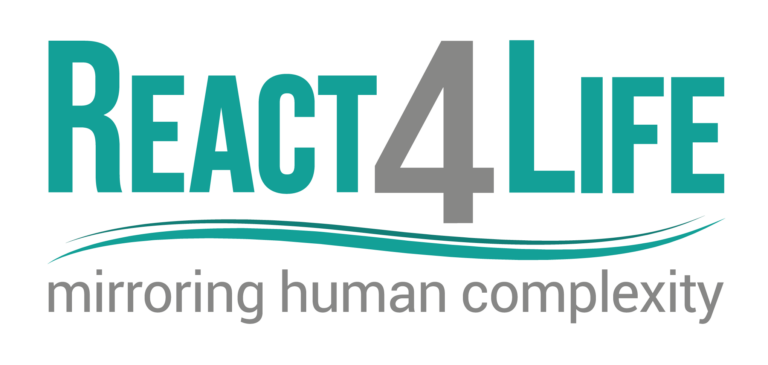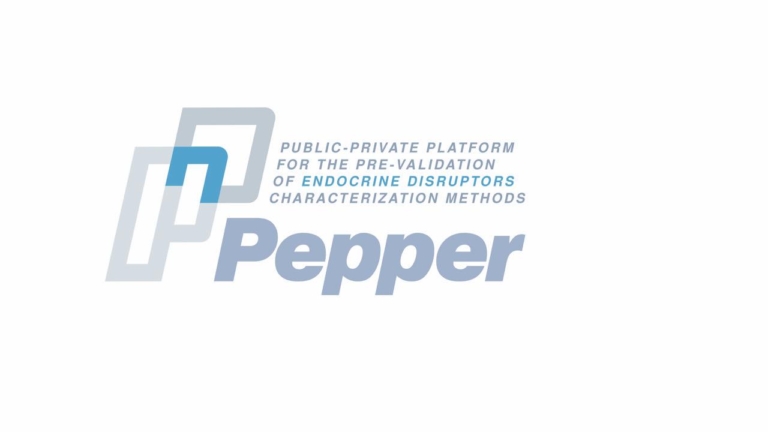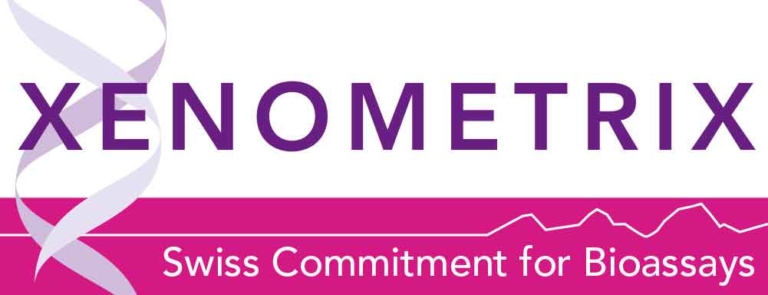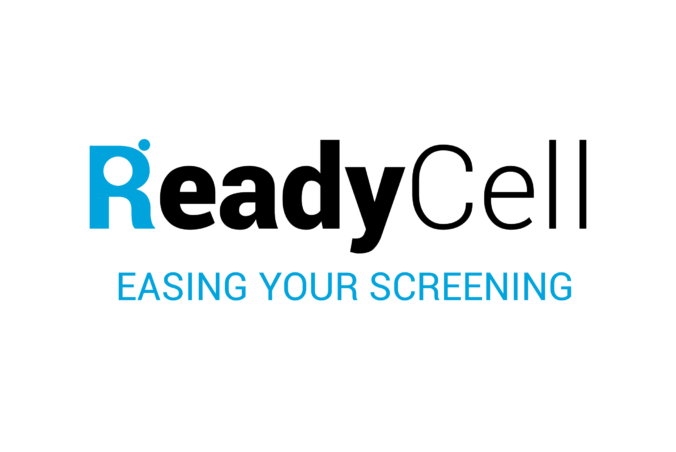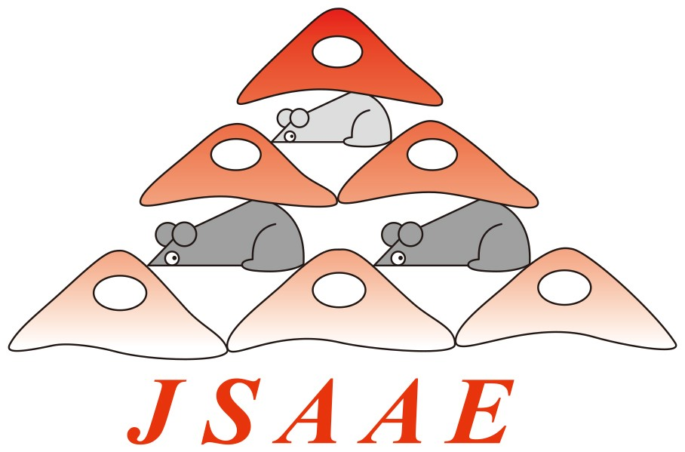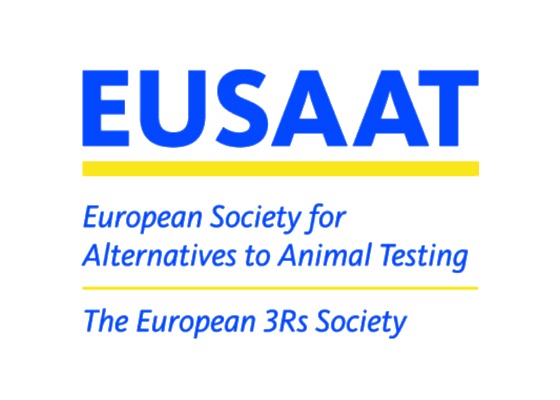Tuesday, May 14, 2024 at 16:00 CET
Registration is open!
Presenter: Luiz Ladeira, PhD – Postdoctoral researcher at the Biomechanics Research Unit, GIGA Molecular & Computational Biology, at the University of Liège (Belgium).
Physiological Maps (PM) provide comprehensive graphic representations of biological processes and molecular interactions. They facilitate the description of physiological processes in a mechanistic and modularized fashion. This approach enables the depiction of intricate interactions and the incorporation and organization of data from various sources, establishing the groundwork for ontology maps. Defined as mode-of-action frameworks, ontology maps integrate and structure qualitatively and quantitatively relevant biological, toxicological, chemical, and kinetic data from various sources and are ultimately designed to support chemical risk assessment. Building upon the work of the Disease Maps community, we have created five organ-specific PMs as a part of the H2020 ONTOX project (https://ontox-project.eu/): bile secretion & lipid metabolism (liver), nephron physiology (kidney), and neural tube closure & cognitive function development (developing brain). They adhere to standardized guidelines for thorough annotation and documentation, ensuring alignment with the FAIR principles, which emphasize interoperability with various modeling tools and resources. Their evolution is anticipated to accelerate the creation of new approach methodologies for next-generation risk assessment, which can immensely benefit from the collaboration of the toxicology and systems biology communities.
Recordings and other materials from this webinar will be posted on the ASCCT webinar archive: https://www.ascctox.org/webinar-archive
 The ESTIV Members Area
The ESTIV Members Area